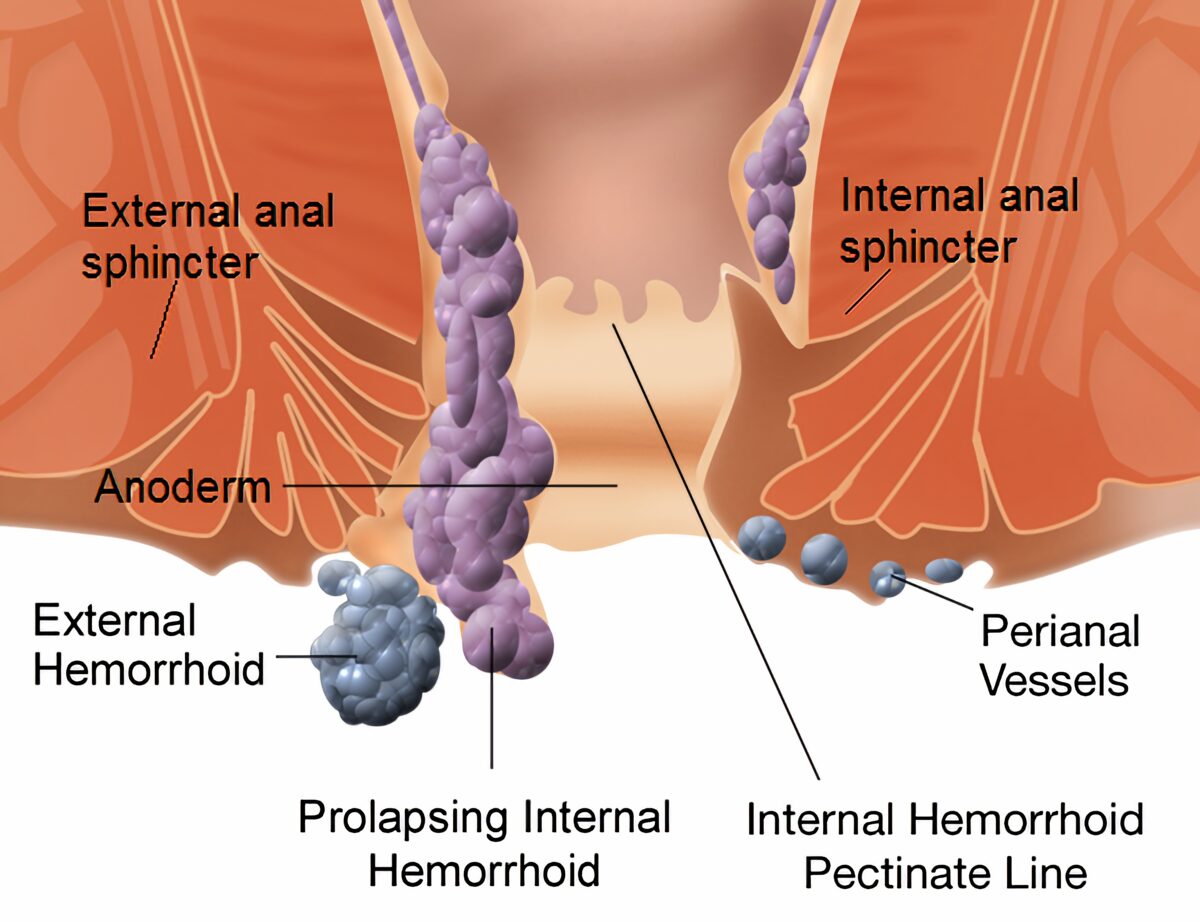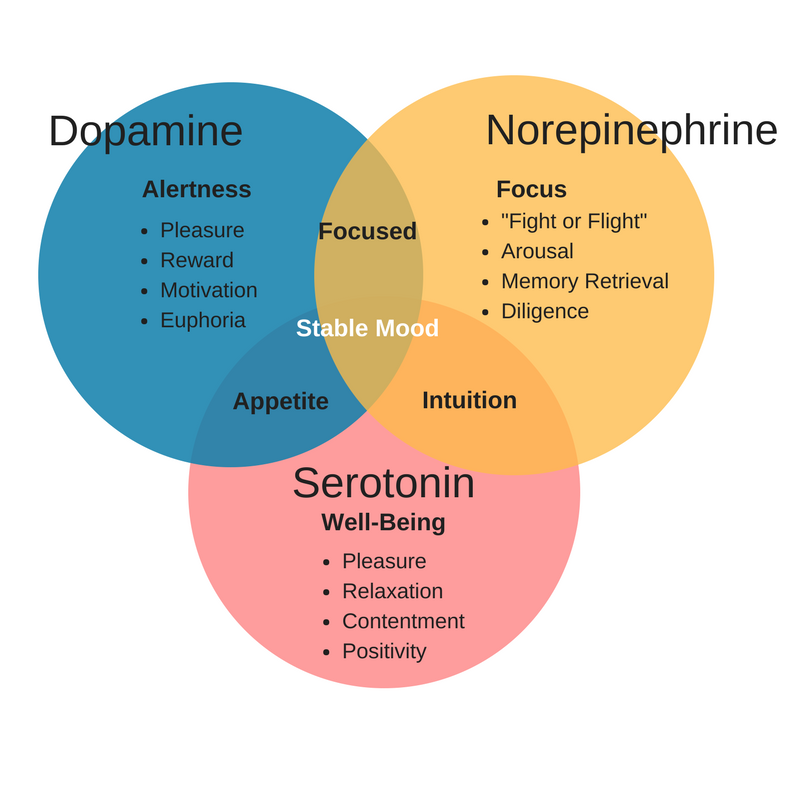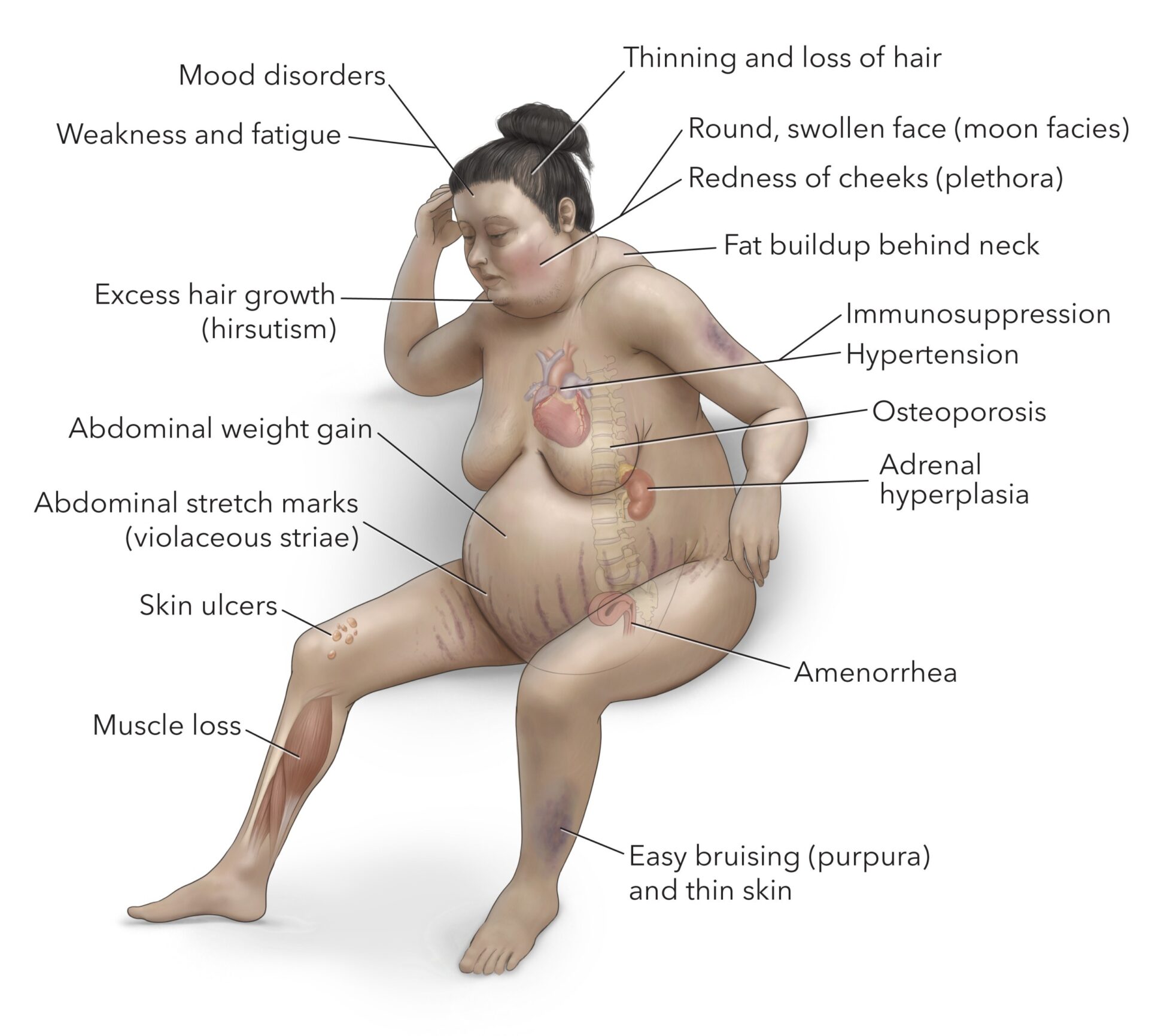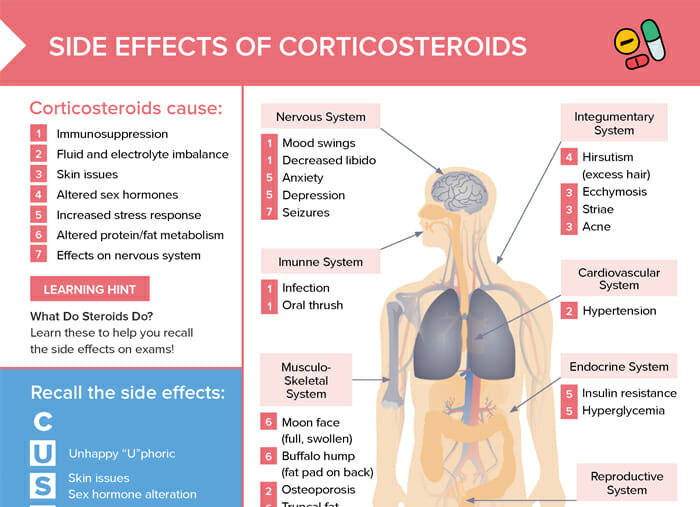Understanding and Managing Haemorrhoids and Piles with Hemlock Pharmacy
Haemorrhoids, also known as piles, are a common health issue that can cause discomfort and pain. They occur when the veins in the rectum or anus become swollen and inflamed. Fortunately, there are various ways to manage this condition, and Hemlock Pharmacy, a leading pharmacy store in Kenya, offers a range of products that can help.
What Causes Haemorrhoids and Piles?
Haemorrhoids can be caused by several factors, including straining during bowel movements, sitting for long periods, obesity, and pregnancy. They can also be more common as people age, as the tissues that support the veins in the rectum and anus can weaken and stretch.
Hemlock Pharmacy: Your Partner in Health
Hemlock Pharmacy is committed to providing quality healthcare products and services. They offer over-the-counter medication, prescription refills, home delivery services, and more. For haemorrhoids and piles management, they provide a variety of healthcare products.

Hemlock Pharmacy Products for Haemorrhoids and Piles Management
One of the products offered by Hemlock Pharmacy for haemorrhoids and piles management is the Anusol Haemorrhoids (Piles) Treatment Suppositories. These suppositories help to relieve the swelling, itch, and irritation of internal piles (haemorrhoids) and other related conditions, such as anal itching1. They contain active ingredients like Bismuth salts, Zinc oxide, and Balsam Peru, which have protective, antiseptic, and healing properties1.
Lifestyle Changes for Managing Haemorrhoids and Piles
In addition to using Hemlock Pharmacy’s products, making certain lifestyle changes can help manage haemorrhoids and piles. These include eating a high-fiber diet, staying hydrated, exercising regularly, and avoiding straining during bowel movements.
Conclusion
Managing haemorrhoids and piles can significantly improve your quality of life. Hemlock Pharmacy, with its wide range of products, can be your partner in this journey. Remember, it’s always important to consult with a healthcare professional before starting any treatment.





